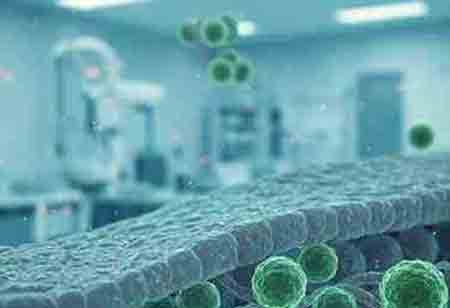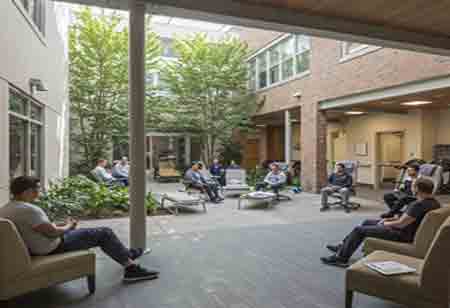Regenerative Medicine in APAC: Transforming Patient Care and Organ Donor Solutions
Regenerative medicine accelerates healing and reduces reliance on organ transplants by utilizing stem cells and advanced tissue engineering techniques.

By
Medical Care Review | Friday, April 25, 2025
Stay on top of your health and well-being with exclusive feature stories on the top medical clinics and treatment centers, expert insights and the latest news delivered straight to your inbox. Subscribe today.
Fremont, CA: Regenerative medicine is transforming how healthcare addresses injuries, diseases, and organ failure by promoting the body’s natural healing abilities. This innovative field offers a promising alternative to traditional treatments, with the potential for faster recovery and reduced dependence on organ transplants.
Accelerating Healing and Recovery
One of the most essential benefits of regenerative medicine is its ability to accelerate healing and recovery. Traditional treatments for injuries or illnesses, like surgery or medication, can often be slow and require much time for the body to recover. Regenerative medicine facilitates the body to heal itself more quickly and efficiently.
For instance, Stem cell therapy has demonstrated potential in treating various medical conditions, including arthritis, tendon injuries, and even heart disease. Stem cells are unique due to their potential to transform into different types of cells within the body. When injected into damaged areas, they can help regenerate healthy tissue, promote healing, and reduce inflammation. This can result in faster recovery and less need for invasive surgery.
Regenerative treatments like platelet-rich plasma (PRP) therapy use a patient’s blood to harness the body’s natural healing properties. By focusing on the platelets and growth factors in the blood, PRP therapy can stimulate tissue repair and reduce pain, allowing patients to recover from injuries more effectively.
Reducing the Need for Organ Transplants
Another significant benefit of regenerative medicine is its potential to reduce the dependency on organ transplants. Organ shortages are a critical problem, with countless patients waiting for donor organs that may not become available in time. By utilizing regenerative techniques, such as tissue engineering and stem cell therapy, scientists are working towards developing ways to grow new tissues and even entire organs, potentially eliminating the need for donor transplants.
For example, researchers have made advances in growing lab-made organs, such as bladders, skin, and liver tissues. While still in experimental stages, these innovations suggest that the possibility of growing organs from a patient’s cells may be on the horizon. If successful, these lab-grown organs could drastically reduce the risk of organ rejection, as the tissue would be genetically identical to the recipient’s own and eliminate long waiting times.
Even in cases where organ transplants are necessary, regenerative medicine can significantly enhance patient outcomes. By using stem cells or other regenerative therapies to repair or regenerate damaged organs before or after a transplant, the chances of complications and organ rejection may be significantly reduced. This approach could improve the success rates of transplants, leading to better long-term results for patients.
More in News







